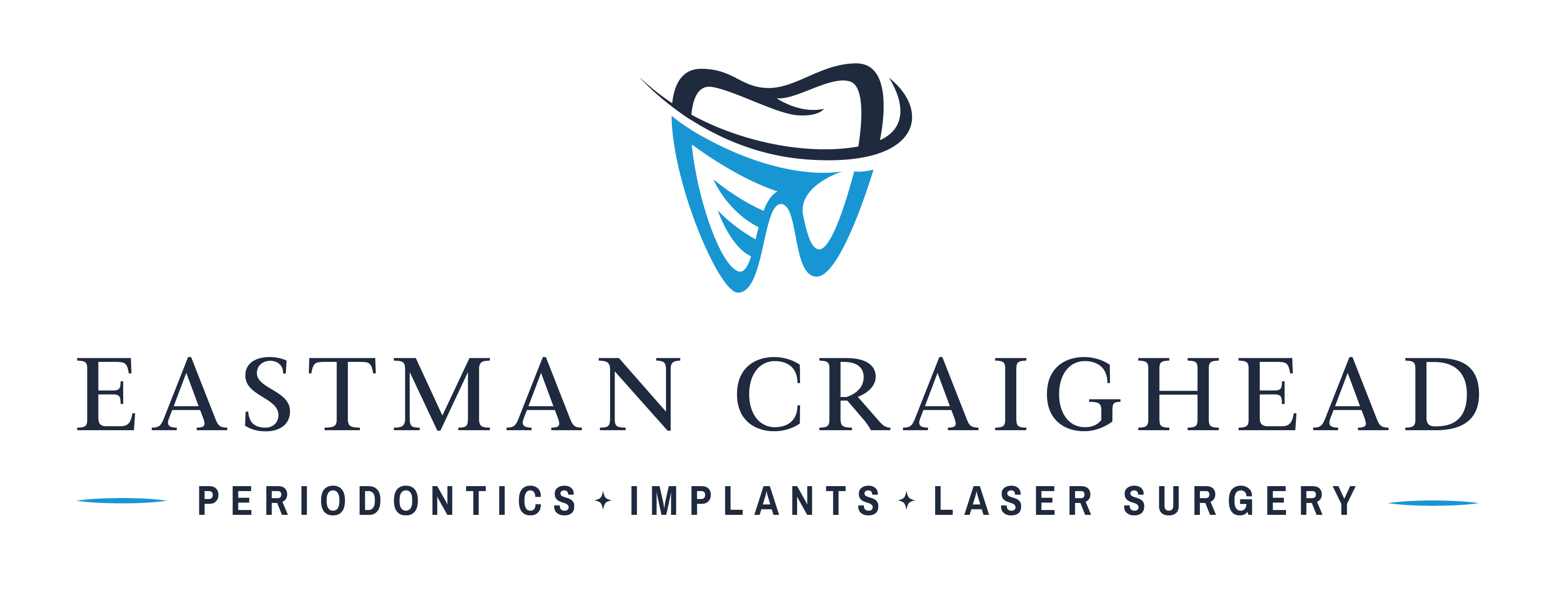
Periodontal Procedures
Dr. Lindsay Eastman offers periodontal disease treatment at our practice. He may recommend laser dentistry, osseous surgery, or scaling and root planing therapy as part of your treatment plan.
Periodontal disease, or gum disease, is a severe infection of the gums. It starts out as plaque that forms calculus or tartar around the teeth and bacteria gets trapped around the gum line. Symptoms in the early stages include bad breath, swollen gums and bleeding gums. If the condition progresses to periodontitis or advanced periodontitis, the bacteria destroys the gum tissue and supporting bone structure. If this continues, you will lose your teeth.
Laser Dentistry
We use the LANAP® laser dentistry protocol to perform treatment for patients having various stages of gum disease. This is a minimally invasive procedure that is far less traumatic to the tissue than traditional gum surgery.
This type of laser dentistry procedure is usually completed in a single appointment and the healing process is relatively fast. You will not have to worry about bleeding gums or a potential infection because we do not make any incisions of the gum tissue.
Dental Implants
Many patients work with our periodontist in Lakewood Ranch, FL for anywhere from several months to a year or more when receiving dental implants. Your treatment time will depend on how quickly the gum and bone tissues heal. We also have a Teeth-in-a-Day™ option for patients who want immediate results.
Some of your treatment plan may be covered by insurance. We have found that most insurance providers have an annual maximum allowable benefit of $1,000 to $1,500 for dental implant placement and restoration.
Gum Grafting
There are a number of factors that can cause your gums to recede, including periodontal disease, genetics, aggressive tooth brushing, lack of proper oral hygiene and hormonal changes that can make the gums more vulnerable to recession. Other causes are related to tobacco products, clenching or grinding your teeth, crooked or malpositioned teeth and lip or tongue piercings.
Fortunately, gum recession can be treated. There are several levels of gum recession and many ways to treat it. There are two basic treatment options: Free gingival grafting and root coverage procedures.
If you are like many folks, you may know someone who has been through gum grafting and reported the procedure as very uncomfortable afterwards. This is typically caused by the removal of the donor tissue from the roof of the mouth, which can be very painful. Fortunately, Dr. Eastman utilizes a special technique that does not take donor tissue from the roof of the mouth. This way, patients report minimal discomfort and are often relieved to have found Dr. Eastman and his special technique.
A free gingival graft (FGG) is a patch of gum tissue transplanted from a healthy donor site to the area of weak gum tissue. It is designed to stop recession and prevent it from continuing. This procedure is the most common form of treatment and typically does not cover the exposed root. If root coverage is desired, then a separate procedure would be needed.
Root coverage is the surgical procedure used to repair and cover exposed tooth roots. This procedure is less predictable and primarily cosmetic in nature. One of the least invasive ways to perform a root coverage procedure is utilizing the pinhole surgical technique.
The Pinhole Surgical Technique (PST) is an alternative surgical procedure to gum grafts that is less invasive, requires no stitches and has a quick healing time. The surgery itself requires poking a hole above or below the receded area of the gumline. Dr. Eastman will gently stretch the gum and adjust it to cover the roots of your teeth once more, leaving the appealing dental crown showing. After the gum has been repositioned, tiny collagen strips are packed down between the teeth to ensure that the gum is secure. Patients have noticed that the only sign of surgery, the pinhole itself, disappears after a few days of healing.
The best candidates for the Pinhole Surgical Technique are those who are in dire need of it. Many patients whose gums have receded to dangerous lengths are highly recommended for the pinhole surgery or traditional gum graft, depending on their preference. The gums must also be in generally good health, despite the recession. If your gums look discolored or have been afflicted with a form of periodontal disease, we may recommend other procedures be done first before the Pinhole Surgical Technique.
Each gum rejuvenation treatment is as unique. Depending on your condition and how much of the receded gum needs to be adjusted, the final cost of the procedure will vary. We strive to provide our patients with the best periodontal treatment available. Because we know that financial management is an important part of your overall health, after your initial consultation you will receive a diagnosis, a recommended treatment plan and a written cost estimate for your personalized treatment options.
Sedation
This type of sedation induces an altered state of consciousness that minimizes pain and discomfort through the use of pain relievers and sedatives. Patients who receive conscious sedation usually are able to speak and respond to verbal cues throughout the procedure, communicating any discomfort they experience to the provider. The medication will help you rest. Many of our patients sleep while receiving Sedation dental Care. A brief period of amnesia may erase any memory of the procedure.
Your dentist or qualified assistant monitor patient heart rate, blood pressure, breathing, oxygen level and alertness throughout and after the procedure.
A brief period of amnesia after the procedure may follow the administration of conscious sedation. Occasional side effects may include headache, nausea, hangover/jet lag feeling, or limited memory of the appointment.
We understand that some patients need a much deeper level of sedation. Fortunately, we have a licensed anesthesiologist that can come to our office or we have the ability to treat our patients at Manatee Surgical Center for the highest level of sedation available.
Payment
The simple answer is yes. Although we are not contracted with any specific insurance companies we will still file a claim to your insurance company and work hard to maximize your reimbursement. We do not accept Medicare or Medicaid however.
Even a benefit that does not cover a large portion of the cost of what you need pays something. Any amount that reduces your out-of-pocket expense helps.


